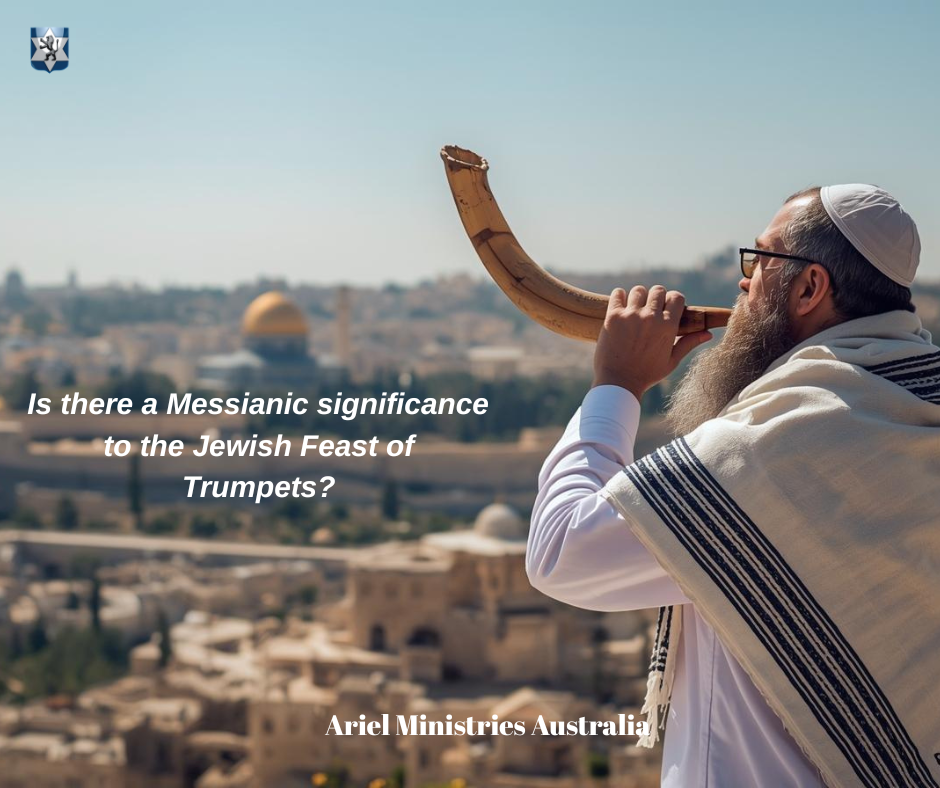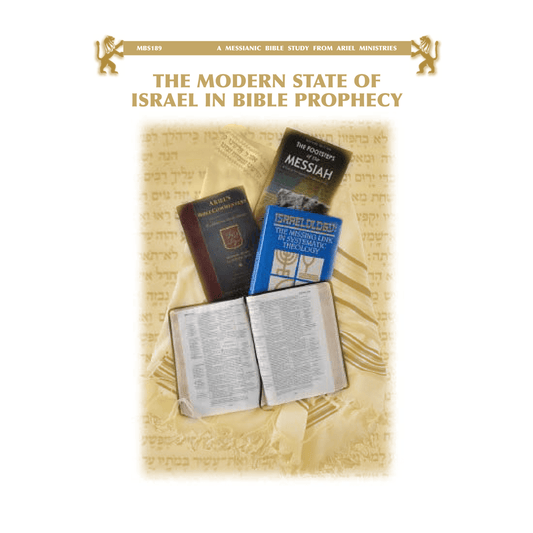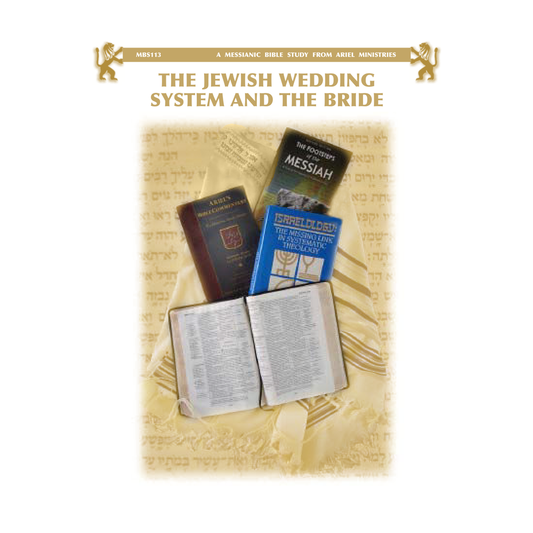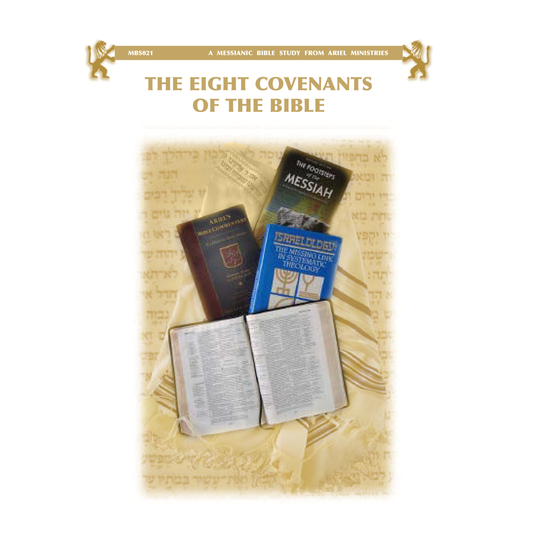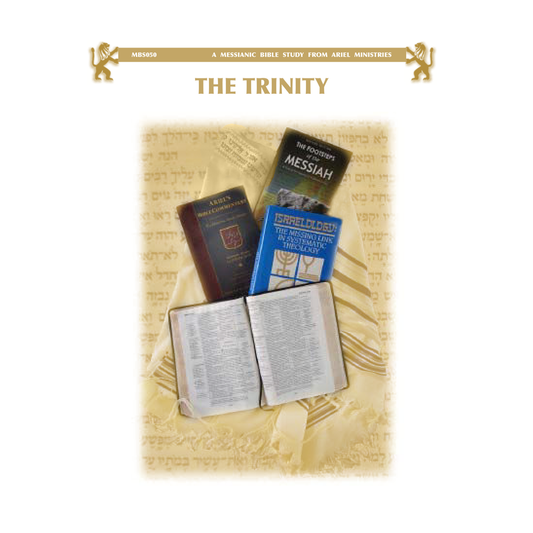Answer
Two basic elements make up the messianic significance of the Feast of Trumpets: the regathering of Israel and the Rapture of the Church.
1. The Regathering of Israel
The regathering of Israel is signaled by the blowing of a trumpet in Isaiah 27:13. One significance of the Feast of Trumpets is that Israel will become a state before the Great Tribulation itself.
2. The Rapture of the Church
The Rapture of the Church will be the ultimate fulfillment of the Feast of Trumpets. There are two main passages that give the details of the Rapture of the Church, both of which mention a trumpet.
a. 1 Thessalonians 4:13–18
Verse 16 of that passage reads: For the Lord himself shall descend from heaven, with a shout, with the voice of the archangel, and with the trump of God: and the dead in Christ shall rise first;
One of the things that will sound on the day the Rapture occurs will be the trump of God. On one hand, Yeshua will give a shout; on the other hand, the archangel will repeat that shout, but then a trumpet will be blown, setting into motion the events of the Rapture.
b. 1 Corinthians 15:15–58
The presence of a trumpet is mentioned twice in verse 52: in a moment, in the twinkling of an eye, at the last trump: for the trumpet shall sound, and the dead shall be raised incorruptible, and we shall be changed.
The events of the Rapture are: first, the resurrection of the dead saints; this is when “corruption puts on incorruption.” And secondly, the catching up or “rapturing,” of the living saints; this is when “mortality puts on immortality.” This will be signaled by the blowing of a trumpet, which is clearly said to be the last trump.
Post-tribulationalists believe that the Church will go through the Tribulation and will often use this verse as evidence to support their view. They argue that since the Rapture occurs at the last trump and that since the last trump is the seventh trumpet of the Book of Revelation, this proves that the Church will go through the Tribulation. One thing to keep in mind is that Paul could not possibly have been referring to the seventh trumpet of Revelation simply because the Book of Revelation was not written when Paul wrote 1 Corinthians. Obviously, when he wrote that chapter, he was expecting his readers at the Corinthian Church to know what he was talking about when he used the term the last trump. The Corinthians could not have turned to the Book of Revelation; it had not been written.
Paul is writing from his own Pharisaic, rabbinic background. The last trump is the technical term for the final, long, and most significant trumpet blast of the Feast of Trumpets. When Paul used this term, he did not mean the seventh trumpet of the Book of Revelation; rather, he meant the final trumpet blast of the Feast of Trumpets. Paul was saying that the Feast of Trumpets was going to be fulfilled by the Rapture of the Church.
In light of the fact that the Feast of Trumpets precedes the Day of Atonement, even so the Rapture actually has to precede the Tribulation itself, thus fulfilling the Feast of Trumpets.
Extract from Dr Arnold Fruchtenbaum, Ariel Ministries Messianic Bible Study MBS062 'The Feasts of Israel' (San Antonio, TX.) pgs 20-21


